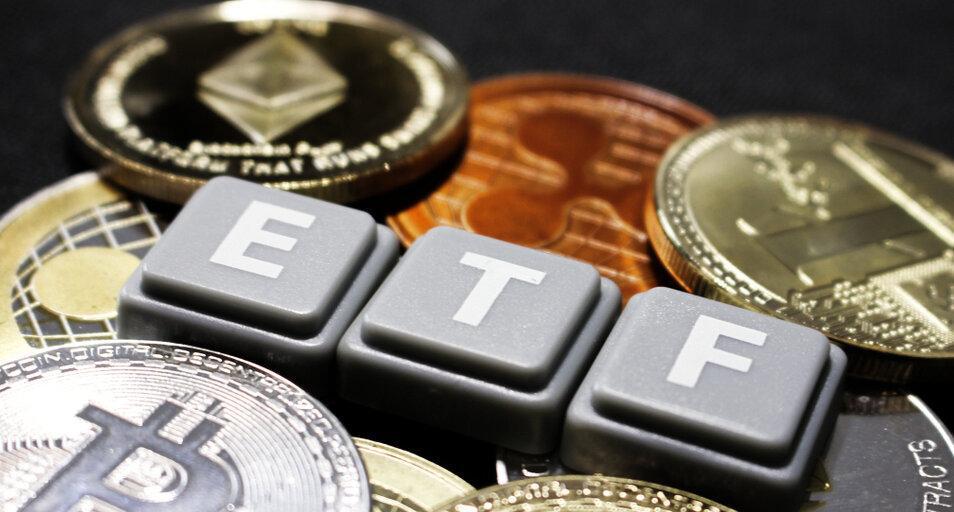December 26, 2023
By Anjali Kochhar
According to Coinbase experts, the introduction of spot Bitcoin exchange-traded funds (ETFs) in the US may result in a lack of “regulated” Bitcoin, sending BTC tickers down $44,134, and hurting a well-liked trading technique.
Less than three weeks remain before spot Bitcoin ETFs might potentially be approved, and many people think trading could start soon after. However, Greg Sutton, senior sales trader, and David Duong, head of institutional research at Coinbase, warned that once they start trading, two major hazards might surface.
Duong and Sutton mentioned that issuers would need to purchase enough Bitcoin to retain in their ETFs, which could be a problem for institutions sourcing BTC, in a podcast that was released on December 19.
The most successful ETF product launch in history, according to venture capital firm Bitwise, would be a spot Bitcoin ETF.
Duong noted that, in comparison to low inflows, this is a positive thing to have, but he stated that going forward, it was important to keep the source risk in mind.

A second risk, according to Sutton, is associated with one of the more well-liked institutional trading techniques, referred to as the “basis trade” that involves profiting on the discrepancy between the spot price of Bitcoin and the cost of BTC futures contracts.
According to data from Velo, the potential profit on the basis trade has increased by as much as 20% over the last two weeks due to the significant increase in volume on both spot Bitcoin and futures contracts.
However, the basis will narrow and the trade will be much less profitable if institutional investors get more direct exposure to Bitcoin through a spot ETF product.
At this point, the Securities and Exchange Commission (SEC) has 13 applications pending for a spot Bitcoin ETF. Experts at Bloomberg ETF, Eric Balchunas and James Seyffart, estimate that 90% of these products will be approved by January 10. There is broad agreement that one or more of these products may receive clearance by that date.
Seyffart’s statement on December 21 states that cryptocurrency asset management Grayscale met with the SEC again, attempting to argue for in-kind redemptions rather than cash production.
Since it avoids broker costs and bid/ask spreads associated with selling the asset to raise funds for issuing shares, an in-kind redemption mechanism is often regarded as more efficient for ETF issuers.
About the author
Anjali Kochhar covers cryptocurrency stories in India as well as globally. Having been in the field of media and journalism for over three years now, she has developed a sharp news sense and works hard to present information that goes beyond the obvious. She is an avid reader and loves writing on a wide range of subjects.



